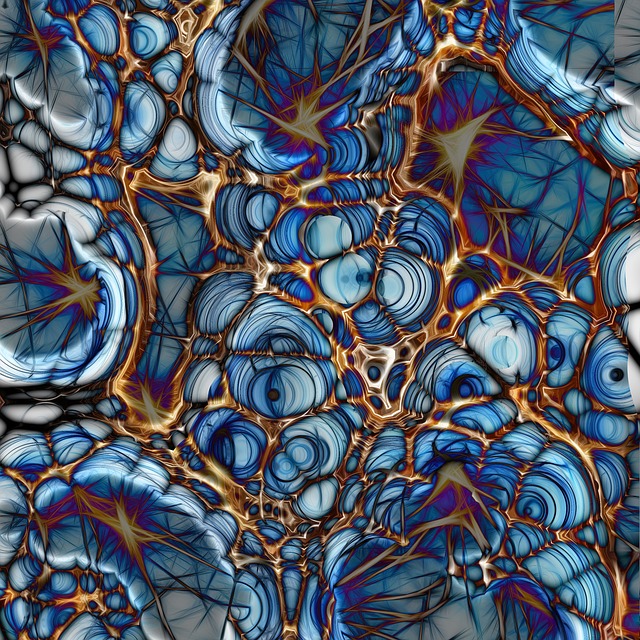Happy New Year! Welcome to January’s issue of Synchronized Chaos. Our theme is Connection – how we connect with each other, with ourselves, and with the larger world, or not.
Ryan Flanagan’s poetic speakers encounter and notice bits of the physical world: entrails, sweat, earwax. His humor stays grounded in, and stems from, reality. While less humorous this time around, Mahbub also grounds his experiences of the intangible (romance, social disintegration) in terms of physical images. Acts of selfishness sully the bright green of the Bangladeshi flag, while the passion of a friendly soccer game played on green grass enhances our experience of romantic love and interpersonal connection.
Along with connecting to the sensations and objects in our personal worlds, we can identify with pieces of the broader social culture and relate that to our own lives as a kind of language for our experiences. Michael Robinson’s sensual and tragic essay describes his admiration for Sylvia Plath as a fellow writer and as a human being, at a time when he has a tenuous grasp on reality. Along these lines, Gabriela Carolus shares a proud tribute to Michelle Obama that conveys both the author’s and the subject’s self-respect.
Chimezie Ihekuna speculates on the different socio-economic classes within human society and what it takes to belong to one group or another. While Carolus, Robinson, and Mahbub take bits of the larger social world and incorporate that into their personal thoughts, Ihekuna starts with the large scale society and explores where individuals might fit.
Several contributors share the experience of glimpsing bits of other lives and other cultures, or imagining them as an exercise in creative empathy. In a second piece, Michael Robinson, who grew up in the inner city, writes of the death of a farmer and the impact that has on the man’s family. Melanie Browne’s pieces describe international exchanges, often on a small scale between Uber drivers and passengers, or in someone’s mind when they learn about or think of someone who lives elsewhere. Norman Olson also contributes an imagistic travel memoir, where what stands out is not the big moments where he sees national landmarks or world-famous art, but the vignettes where they encounter inauthentic Chinese food and passengers twerking on a Caribbean cruise.
Some writing here reflects moving in and out of connection. D.S. Maolalai’s poetry explores how and when a couple flows in and out of balance and relationship with each other, and Gabriela Carolus’s second piece reflects on forms of news coverage of poverty that inadvertently alienate and dehumanize the world’s poor. Abigail George’s poetic essay explores the complex relationship she had with her mother and how it has informed her future romantic relationships. Elizabeth Hughes’ monthly Book Periscope column illustrates the tension between relationship and alienation with two titles: Emory C. Vaughn’s Life by the Drop, a narrative about the rising drug problem in the American South and the resulting violence, and then Ann W. Phillips’ The Lady of Esterbrooke, about a happy couple’s love for each other and for the land and the animals where they live.
J.J. Campbell’s poetic speaker brings up the concept of robots taking over human tasks in a set of poems where he seems to be isolated watching the world go by from afar. He seems to feel a tenuous connection to the universe, as he senses that he will be replaced someday, even if not yet. He is caring for his mother, though, so perhaps he has found some form of human bond.
We hope you will find something with which to connect here in these submissions. Please reach out to a writer and leave a comment on their piece – you have the chance to make someone’s day! 

